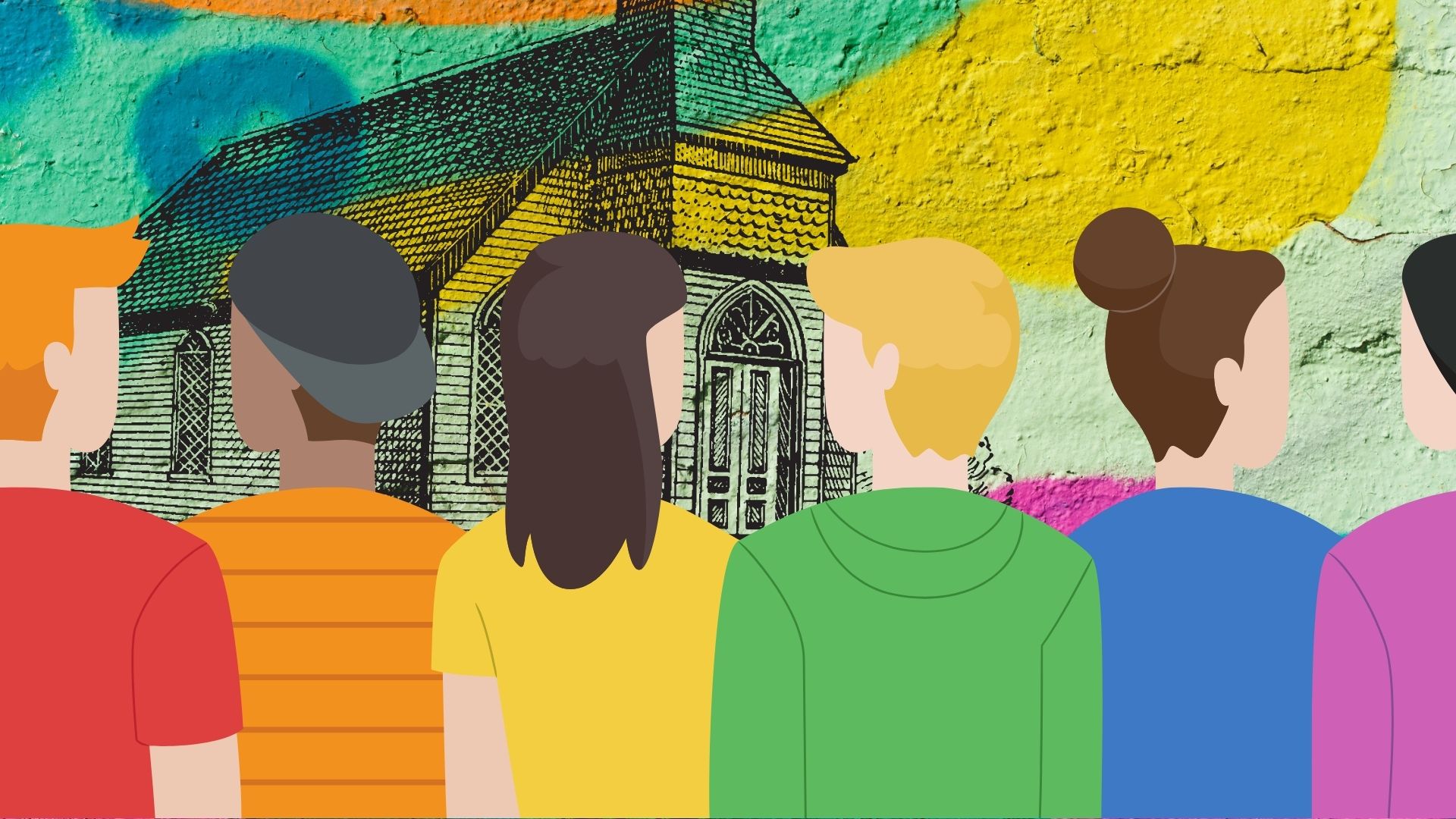“How do you handle sleeping arrangements?”
This is the question first and most frequently asked of us at The Naming Project. As a Christian youth ministry for LGBTQ youth to comfortably grow in faith and identity, we are well-positioned to help guide pastors and youth ministers with good intentions and want to be helpful, but don’t always know the right way to do it.
The question about sleeping arrangements isn’t inherently a bad question. But it is one of many fundamental questions that consider LGBTQ youth as a logistical problem to be solved.
Logistical questions cannot be answered out of context. Instead, we need to address the mindset Christian leaders need to have when we are considering how our ministries can build a safe world for LGBTQ youth, and what implications that inclusion has for our congregations the wider world.
I wrote Made, Known, Loved: Developing LGBTQ-Inclusive Youth Ministry to help ministers answer these questions, but also to point to the larger values that we as Christians are called to uphold. The reality of LGBTQ youth provides us an opportunity and a mandate to protect those who are most vulnerable, but even for folks who are personally welcoming, it can be easy to fall into a trap of exclusion.
As I’m writing this, LGBTQ youth are facing attacks on their identity and existence. There are currently 108 anti-LGBTQ bills in state legislatures around the country. Of those, thirty-seven attempt to block transgender students from participating in high school athletics with their peers. Another twenty-five would punish doctors and parents who support their transgender children. These bills ultimately make it less safe to be transgender, but also make it less safe for all of us.
Questions about sleeping arrangements at summer camp or on a church trip reinforce the false notion that LGBTQ youth are a danger and a threat, not the reality that they are the targets of harassment, bullying, and legal attacks. Everyone wants to feel safe when participating in ministry, including LGBTQ youth. No one wants to be housed where they fear harassment or intimidation.
Instead, let’s spend our youth ministry effort thinking through questions about the safety and protection for those Jesus calls “the least of these.”
Individually, how are we going to be a safe, respectful, and faithful presence in LGBTQ youth’s lives? What’s the best way to listen to what LGBTQ youth tell us about themselves, their identities, and their experiences? How can we faithfully keep confidence and let LGBTQ youth tell their own stories? Where are the dangers for LGBTQ youth in our church, and how do we keep LGBTQ youth safe?
READ: A Starting Place for Relationship and Sex Education
Congregationally, do LGBTQ youth know our congregation as a safe place, one they can turn to if they need pastoral care, a refuge from a hostile environment, or solidarity? How are we an effective ministry for LGBTQ youth who may never darken our door? Can our congregation be an allied presence at school board meetings, city council meetings, Pride events, and other LGBTQ-themed moments? Will our presence be seen as proselytizing or a way to actually live out Jesus’ calling to stand with the oppressed?
Publicly, when should we raise our voice like a trumpet, like the prophet Isaiah. What anti- (and occasionally pro-) LGBTQ bills are being introduced in our city and state? What is a forceful, theological message about why legislative, educational, and physical attacks on LGBTQ people have no place in our society?
When asking questions about ministry with LGBTQ youth, don’t just think of LGBTQ youth as a puzzle piece, figuring out where to fit them in. Think of them as a way to live out our calling to bring good news to the oppressed, bind up the brokenhearted, proclaim liberty to the captives, release to the prisoners, and proclaim the year of the Lord’s favor.

